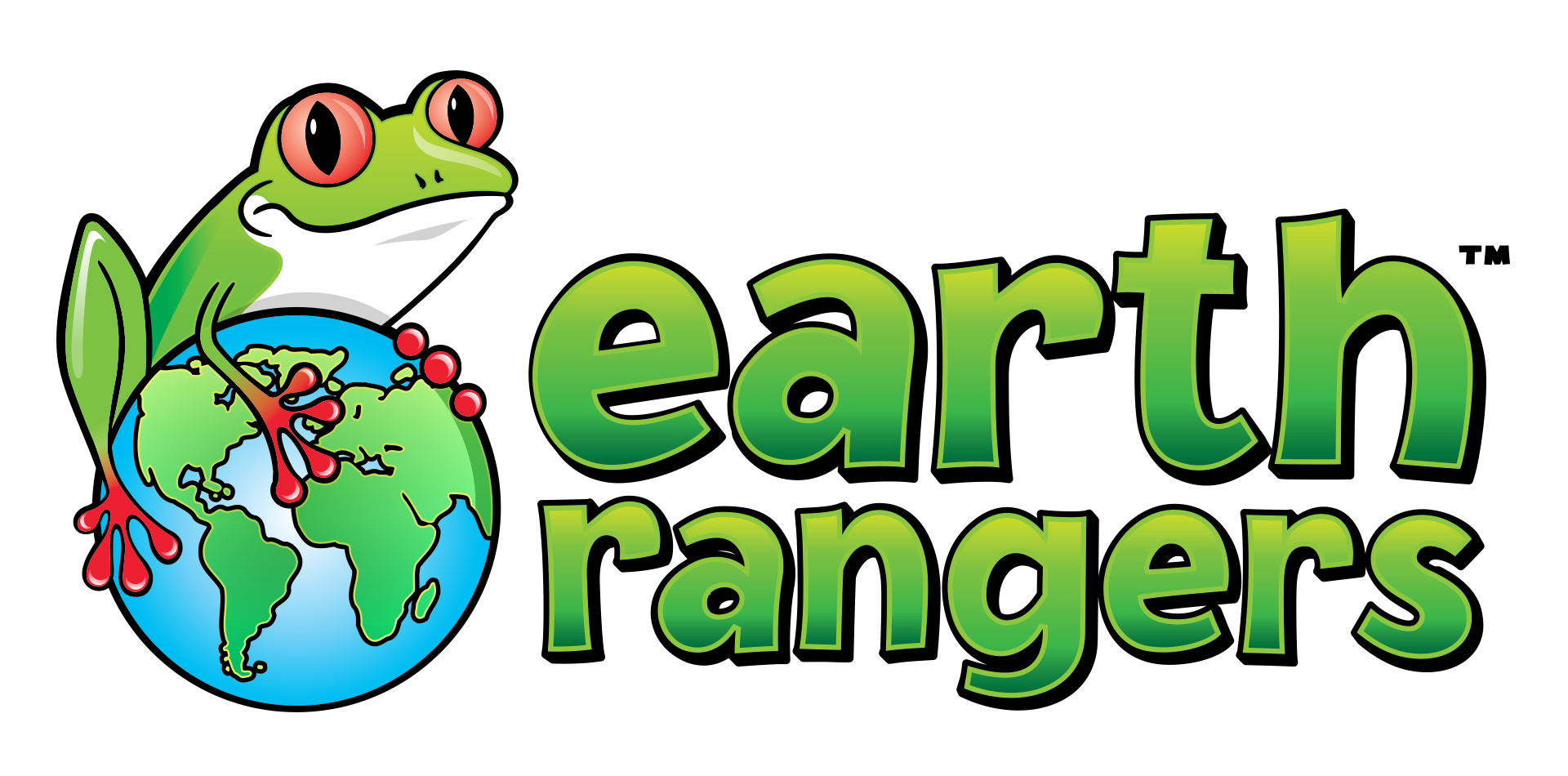What do you think is the most common kind of garbage found on our shores? Pop cans, food wrappers or cigarette butts might come to mind, and while they are in the top 12, the most common kind of garbage found on shorelines in 2017 was tiny plastic and foam pieces.


This was discovered by our friends over at the Great Canadian Shoreline Cleanup (GCSC). They teach people across Canada about the problems with shoreline litter and encourage them to get out and start cleaning it up. Over the course of the 1,849 cleanups done in 2017, GCSC volunteers collected more than 88,700 kilograms (195,550 pounds) of garbage. It’s about as heavy as 15 Elephants!
Of all the trash that was collected, tiny pieces of plastic and foam were definitely the most common items, followed closely by cigarette butts. Rounding out the rest of the dirty dozen were plastic bottles, food wrappers, bottle caps, paper materials, plastic bags, miscellaneous packaging, straws, foam materials, pop cans, and rope. Take a look at how many pieces they found:

As an Earth Ranger, you know that tiny trash can be a BIG problem for animals and the planet. If an animal spots one of these tiny plastic or foam pieces, they might mistake it for food and choke. If they do manage to swallow it, these tiny pieces can fill up their stomach, taking away valuable space for actual food, causing the animal to go hungry and even starve.
This isn’t a pretty picture, but don’t worry! There’s something you can do that will make a big difference! You guessed it! Go out and clean a shoreline!
Do your part to help animals and keep our shores (and other habitats) clean by becoming a Shoreline Saver!
Accept your Mission today!



this is a serious
issue that we need to stop that is why i am an earth ranger to help animals and nature.
I hope people don’t do this anymore. Keep our shore lines clean!
It’s true. It’s bad. I hope all that would stop.
Wish I can make the littering stop or we might lose some rare species.
that is so sad
I don’t want to see the animals die
This is gross I hate it when people litter
Even if you don’t live near a shore line, you can still help to clean our environment by picking up garbage in a common greenspace and avoiding using plastic as much as possible.
that is sad
I’m crying